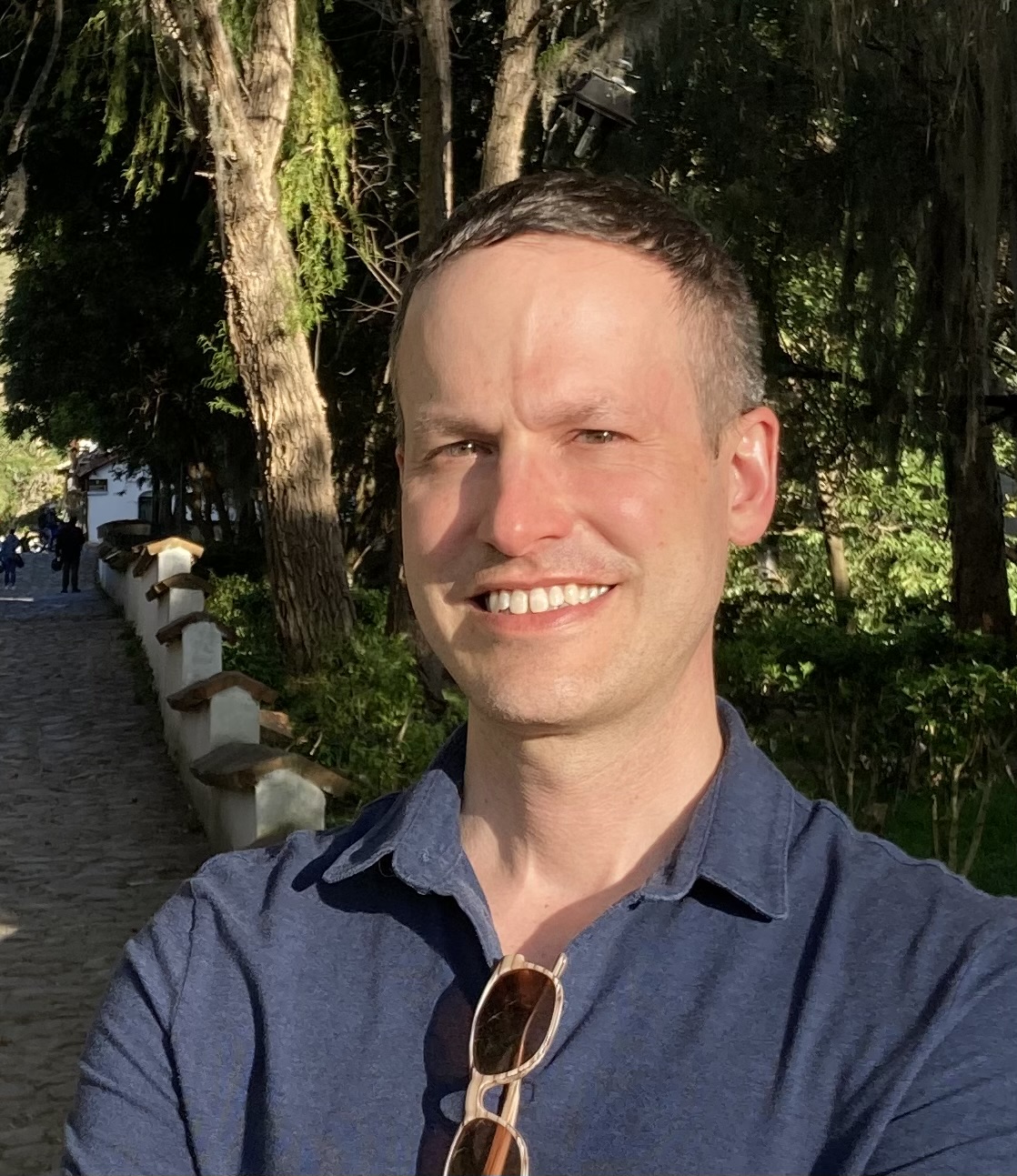Jason Rudy

Professor, English
Director of Graduate Studies, English
2116B Tawes Hall
Get Directions
Education
B.A., English, Princeton University
Ph.D., English, Rutgers University, New Brunswick
Research Expertise
LGBTQ Studies
Poetics
Postcolonialism
Romantic
Transatlantic Studies
Victorian
My teaching and research concentrate on nineteenth-century literatures in English, especially poetry, in a global context. Recent courses include "Indigenous and Imperial Archives," "Nineteenth-Century Fiction," "Transatlantic Poetry and Poetics," and "British Aestheticism." I'm currently writing an authorized biography of the Indigenous Australian painter Gordon Syron.
Please click over to my personal website for more details.
Courses
Awards & Grants
Fellowship, American Council of Learned Societies (2014)
Rudy was awarded a semester fellowship from the American Council of Learned Societies for 2015.
Author/Lead: Jason RudyPublications
Imagined Homelands
Imagined Homelands chronicles the emerging cultures of nineteenth-century British settler colonialism.
Author/Lead: Jason RudyImagined Homelands: British Poetry in the Colonies
Imagined Homelands chronicles the emerging cultures of nineteenth-century British settler colonialism, focusing on poetry as a genre especially equipped to reflect colonial experience.
Author/Lead: Jason RudyImagined Homelands chronicles the emerging cultures of nineteenth-century British settler colonialism, focusing on poetry as a genre especially equipped to reflect colonial experience. Jason Rudy argues that the poetry of Victorian-era Australia, New Zealand, South Africa, and Canada—often disparaged as derivative and uncouth—should instead be seen as vitally engaged in the social and political work of settlement. The book illuminates cultural pressures that accompanied the unprecedented growth of British emigration across the nineteenth century. It also explores the role of poetry as a mediator between familiar British ideals and new colonial paradigms within emerging literary markets from Sydney and Melbourne to Cape Town and Halifax.
Rudy focuses on the work of poets both canonical—including Tennyson, Browning, Longfellow, and Hemans—and relatively obscure, from Adam Lindsay Gordon, Susanna Moodie, and Thomas Pringle to Henry Kendall and Alexander McLachlan. He examines in particular the nostalgic relations between home and abroad, core and periphery, whereby British emigrants used both original compositions and canonical British works to imagine connections between their colonial experiences and the lives they left behind in Europe.
Drawing on archival work from four continents, Imagined Homelands insists on a wider geographic frame for nineteenth-century British literature. From lyrics printed in newspapers aboard emigrant ships heading to Australia and South Africa, to ballads circulating in New Zealand and Canadian colonial journals, poetry was a vibrant component of emigrant life. In tracing the histories of these poems and the poets who wrote them, this book provides an alternate account of nineteenth-century British poetry and, more broadly, of settler colonial culture.
Electric Meters: Victorian Physiological Poetics
Victorian poetry shocks with the physicality of its formal effects, linking the rhythms of the human body to the natural pulsation of the universe.
Author/Lead: Jason RudyRead More about Electric Meters: Victorian Physiological Poetics

